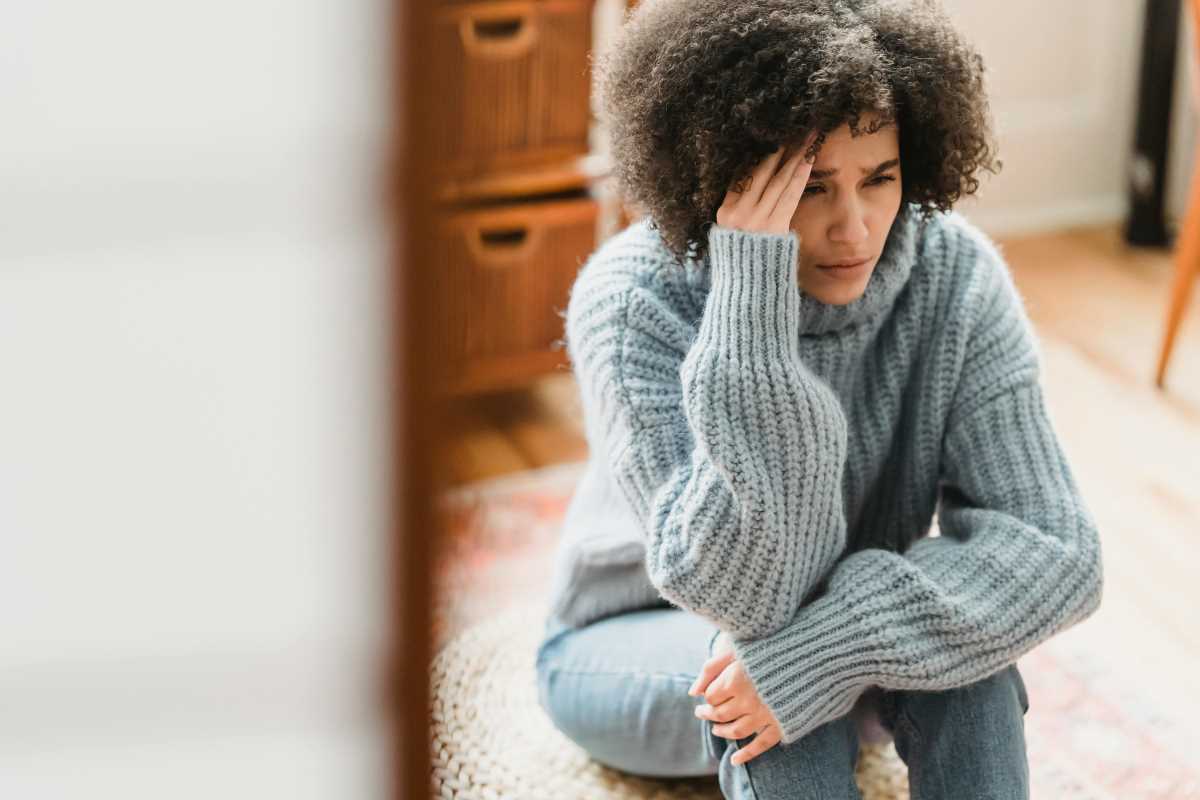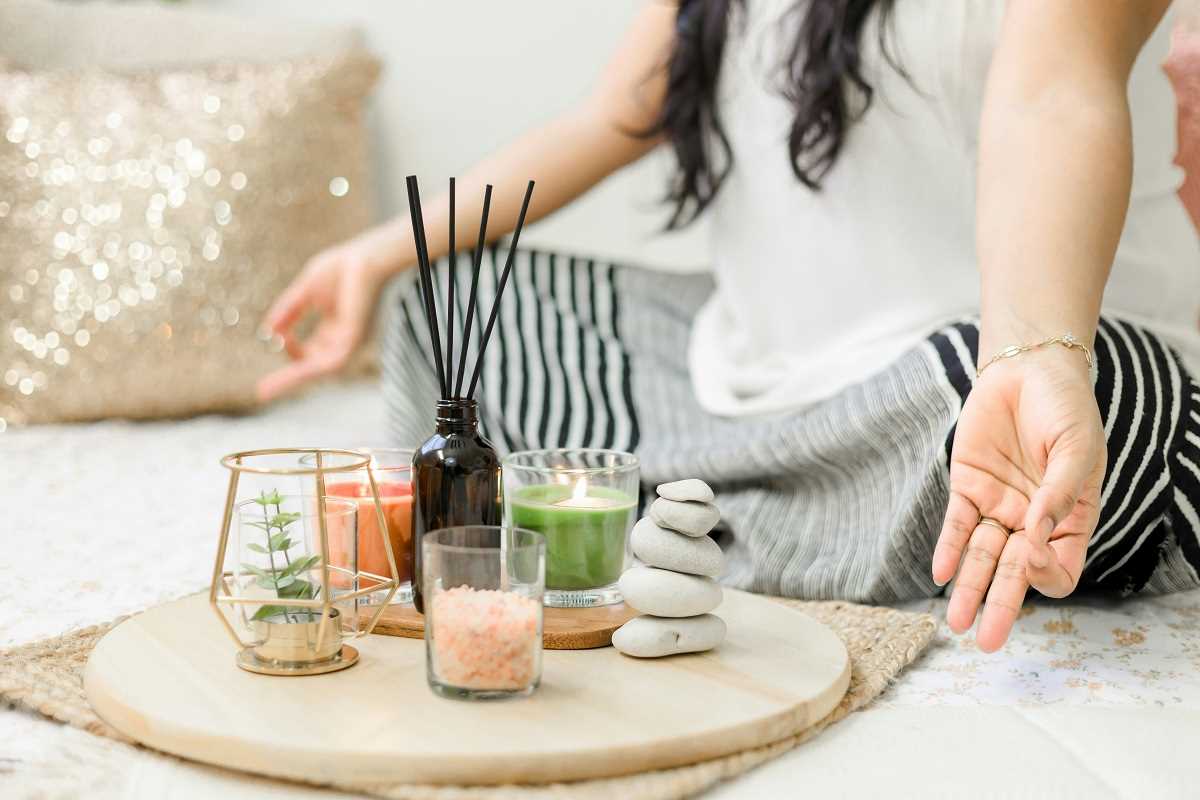Anxiety is a widespread issue affecting millions of people worldwide. It manifests in various ways, from mild unease to intense anxiety attacks, impacting an individual’s overall well-being and quality of life.
Understanding how to manage and prevent these feelings can make a substantial difference. Anxiety isn’t something to be ashamed of, and learning how to cope with it is essential for maintaining both mental and physical health.
Below are some effective techniques to help prevent and manage anxiety attacks, providing tools to navigate the challenges they bring.
Deep Breathing
One of the simplest yet most effective techniques for managing anxiety is deep breathing. Anxiety often causes shallow, rapid breathing, which can worsen feelings of panic. Deep breathing helps calm both the mind and body by slowing down your heart rate and promoting relaxation.
This method is easy to practice anywhere, whether you’re at home, in the office, or out in public. To practice deep breathing, inhale slowly and deeply through your nose, hold your breath for a few seconds, then exhale slowly through your mouth. Repeat this process until you feel your anxiety start to lessen.
Deep breathing is effective because it activates the body’s natural relaxation response, reducing the release of stress hormones and promoting a sense of calm. Studies show that deep breathing can help stabilize heart rate and blood pressure, giving you a tool to counteract the physical effects of anxiety.
Practicing deep breathing daily, even when you’re not feeling anxious, can strengthen your body’s natural ability to relax in times of stress.
Physical Exercise
Engaging in regular physical exercise is another powerful way to reduce anxiety. Exercise helps release endorphins, chemicals in the brain that act as natural mood lifters. Endorphins can help improve your mood, making you feel more positive and resilient. Activities like jogging, walking, swimming, and yoga offer an outlet for pent-up energy and tension, which can prevent anxiety from building up.
Exercise doesn’t have to be strenuous to be effective; even moderate activity, such as a brisk walk, can significantly impact your mental well-being.
Besides reducing anxiety, exercise can also improve self-esteem, increase cognitive function, and promote better sleep, all of which contribute to lower anxiety levels. Studies indicate that individuals who exercise regularly report feeling less anxious and more in control of their lives.
Progressive Muscle Relaxation (PMR)
Progressive muscle relaxation (PMR) is a technique that involves tensing and then releasing different muscle groups in the body, helping to relieve tension and reduce anxiety. PMR encourages a heightened sense of relaxation, allowing individuals to notice and let go of physical tension associated with anxiety.
To practice PMR, start at your feet, tensing the muscles as you inhale, then relaxing them as you exhale. Gradually work your way up through the body, from your legs to your arms, and finally to your face. This step-by-step approach can ease muscle tightness, making you feel more grounded and calm.
Research shows that PMR can improve sleep quality and reduce anxiety by bringing the body into a relaxed state. It’s particularly helpful for those who experience physical symptoms of anxiety, such as muscle tightness or restlessness, as it addresses the body’s response to stress. Like deep breathing, PMR is a practice you can incorporate into your daily routine, even during short breaks throughout the day.
Maintaining Healthy Lifestyle Habits
Lifestyle factors play a significant role in how we experience and manage anxiety. Poor lifestyle habits, such as inadequate sleep, poor nutrition, and excessive caffeine or alcohol intake, can worsen anxiety.
Ensuring you’re well-rested, well-nourished, and mindful of your consumption of stimulants and depressants can make a world of difference. Sleep, in particular, is crucial for mental health. When you’re sleep-deprived, your body is more vulnerable to stress, making you more susceptible to anxiety. Try to maintain a consistent sleep schedule and create a relaxing bedtime routine to promote restful sleep.
Eating a balanced diet that includes a variety of fruits, vegetables, lean proteins, and whole grains can also support mental health. Nutrients like omega-3 fatty acids, magnesium, and B vitamins have been linked to improved mood and reduced anxiety symptoms.
Limiting caffeine and alcohol can prevent the spikes and crashes that often lead to anxiety episodes. By adopting healthy lifestyle habits, you can build a stronger foundation for resilience against anxiety.
Practicing Mindfulness and Meditation
Mindfulness is the practice of staying present and fully engaged in the current moment. When we’re anxious, our minds often race with worries about the future or regrets about the past, making it difficult to focus on the here and now.
Practicing mindfulness can help ground you in the present moment, reducing the intensity of anxious thoughts. Meditation, a form of mindfulness, involves focusing on your breath, a word, or a phrase while allowing thoughts to pass without judgment. Regular meditation can help you develop a calmer, more centered mind.
Mindfulness has been shown to reduce anxiety by allowing you to observe your thoughts and feelings without being overwhelmed by them.
With regular practice, it can create a buffer against the effects of stress, enabling you to respond rather than react to anxiety triggers. There are various mindfulness and meditation apps available, such as Headspace and Calm, which offer guided sessions for beginners and experienced practitioners alike.
Seeking Professional Help
If anxiety significantly impacts your day-to-day life, seeking help from a mental health professional can be beneficial.
Therapists and counselors are trained to help individuals manage anxiety using evidence-based techniques such as cognitive-behavioral therapy (CBT), which has been proven effective in treating anxiety disorders. CBT helps people identify and change the thought patterns that contribute to their anxiety, making it easier to cope with stressful situations.
Therapy can also provide a safe space to explore underlying issues and develop coping mechanisms specific to your needs.
There’s no shame in seeking help for mental health issues; in fact, it’s a sign of strength to take proactive steps for your well-being. Therapy offers tools and support, empowering you to manage anxiety more effectively and cultivate a healthier mindset. Many people find that combining therapy with self-care practices, such as those mentioned above, provides a comprehensive approach to managing anxiety.
Building a Support System
Connecting with supportive friends, family, or support groups can provide additional relief from anxiety. Knowing that you have people to lean on during difficult times can make a difference. Sharing your feelings with trusted individuals allows you to release some of the burdens, offering comfort and perspective.
Support groups, whether in person or online, offer a sense of community with others who may be facing similar challenges.
Surrounding yourself with positive influences can enhance your resilience and remind you that you’re not alone. Some people also find support in online communities where they can connect with others who understand what they’re going through.
Being open about your anxiety and finding empathetic listeners can reduce feelings of isolation and foster a greater sense of connection.
Finding What Works for You
Everyone experiences anxiety differently, and there’s no one-size-fits-all solution. Finding the right combination of techniques is essential. Some may benefit most from physical exercise and PMR, while others may find deep breathing and mindfulness to be most effective.
Experimenting with different methods and paying attention to what brings you the most relief can help you develop a personalized approach to managing anxiety.
Incorporating these techniques into your life can help prevent anxiety attacks and improve your overall mental health. With consistent practice, these tools can empower you to manage anxiety more effectively, leading to a more balanced and fulfilling life. Remember, managing anxiety is a journey, and it’s okay to seek help along the way. With patience and persistence, you can regain control and live a life that’s not dictated by anxiety.







